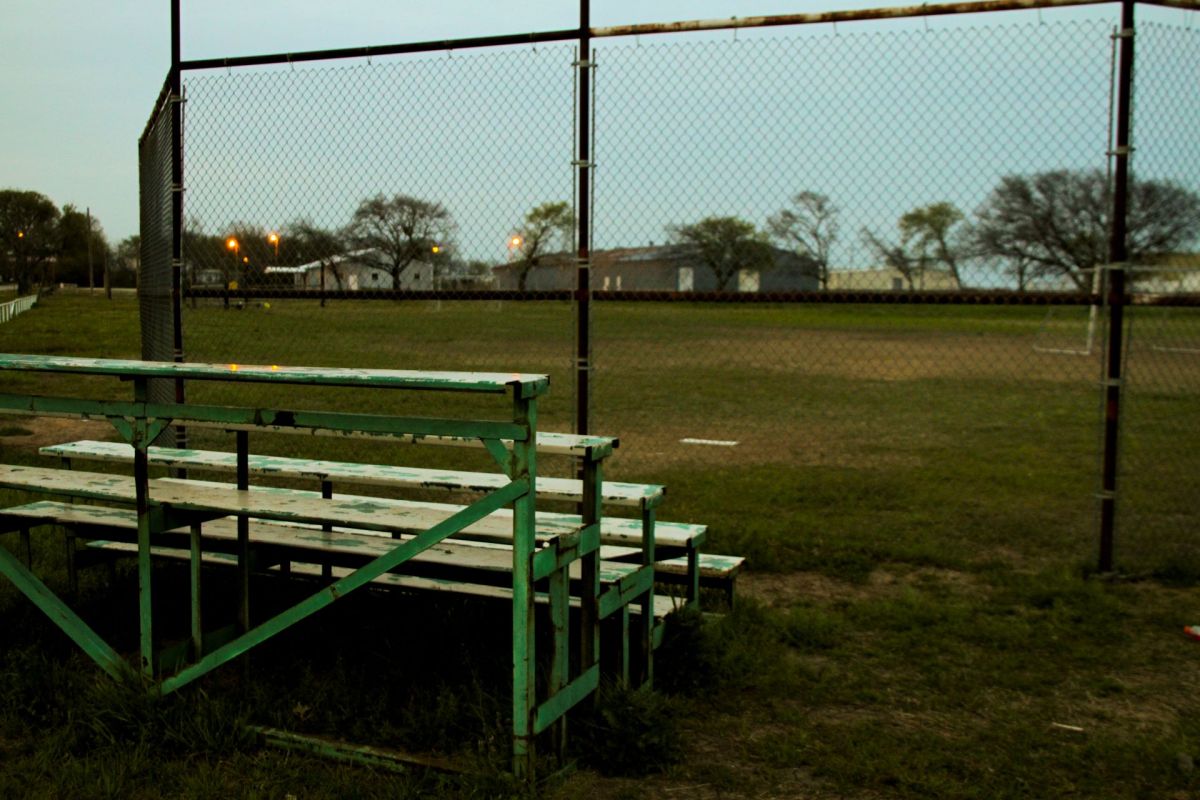An investigation showing a possible link between brain cancer and artificial turf strengthened a key argument among champions for natural grass — that nature does it better.
The Philadelphia Inquirer reported on examinations into the deaths of six former Philadelphia Phillies, who spent much of their baseball careers playing on fake turf at Veterans Stadium, which was open from 1971 to 2003. These players died in their 40s and 50s from a rare form of brain cancer, glioblastoma.
They played atop an artificial field made in part with so-called forever chemicals that are linked to cancer. While experts can't say for certain that the field caused the disease, the reports are leading to more scrutiny of fake grass around the country.
"We don't know what those chemicals are doing to us — what happened to exercising caution when we're talking about human health?" Kyla Bennett, a former scientist for the Environmental Protection Agency, said to the Guardian, which also reported on the deaths. Bennett now works for Public Employees for Environmental Responsibility.
What is artificial turf?
Artificial turf, also known as synthetic turf or fake grass, is exactly what it sounds like — a surface made from synthetic materials, primarily plastic, that is designed to mimic the look and feel of real grass.
Modern forms of artificial lawns include green synthetic grass over crumb rubber, which is often made from old tires, according to the Center for Environmental Health.
Veterans Stadium had a form of artificial turf that was popular for fields built in the 1970s, the Guardian reports, noting that all artificial turf contains forever chemicals. Those chemicals break down very slowly.
Why are the fields still a concern?
Faux-grass fields remain popular in the U.S., with about 1,200 being added each year to the existing 12,000, according to the Guardian. Athletes from school age to professionals play on them.
Forever chemicals, also called PFAS, have possible links to increased risks for cancers throughout the body, the American Cancer Society reports. The health impact of the more than 9,000 PFAS so far discovered is still being studied.
Experts, including Bennett, don't understand why fields with forever chemicals are still being made.
TCD Picks » Quince Spotlight

"Is artificial turf easier? Yeah, you don't have to mow it, but that doesn't mean it's right to use it," she told the Guardian.
The research continues
Most scientists use words like "link" and "suggest" to describe the relationship between forever chemicals, artificial fields, and cancer.
"There is no way to now say, 'If these chemicals are there, they are causing the tumors,'" Henry Friedman, a neuro-oncologist at Duke University, told the Guardian. He treated two of the Phillies.
For their part, artificial turf makers told the Guardian that their products "meet and exceed" health standards and that they benefit communities.
What can I do to help?
For natural grass advocates like Bennett, the information cited by the Philadelphia Inquirer, the Guardian, and other news outlets is reason enough to ban artificial turf.
Organizations like Turfgrass Producers International are a great resource to learn about the health benefits of natural grass — for the body and the planet.
A little research can equip lawn lovers with solid facts to take to school boards and other officials who may consider installing an artificial field.
Join our free newsletter for cool news and cool tips that make it easy to help yourself while helping the planet.













